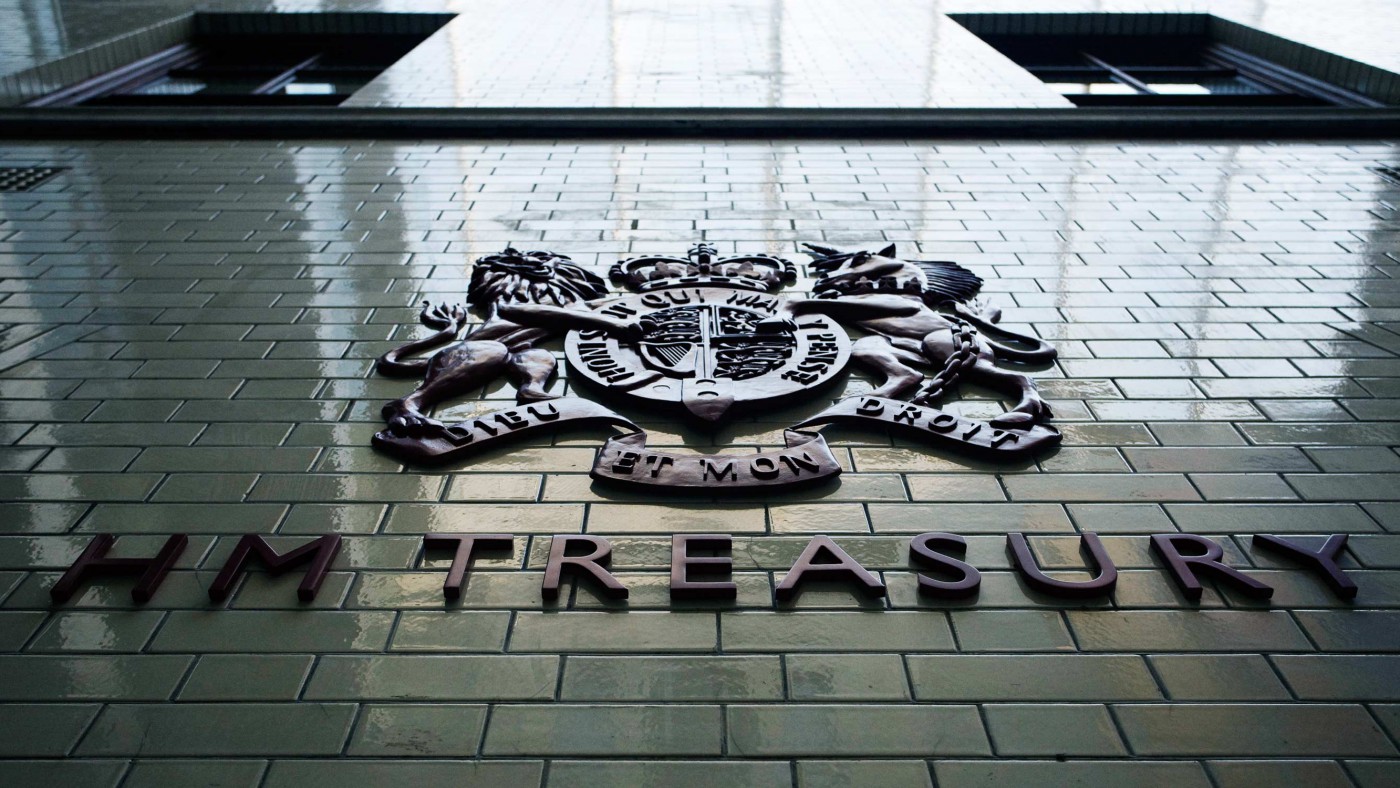For a moment, forget about the Northern powerhouse. This was the Chancellor’s powerhouse, with George Osborne wholly in command. Previous Treasury ministers would often ponder a paradox. Although the government was spending hundreds of billions a year, there never seemed to be enough money for worthwhile programmes. But this Treasury is not in pondering mode. After five years in office, George Osborne has carried out a complete survey of public expenditure. Although he has not quite conducted a zero-sum analysis, he knows what the government is spending and he wants to know why.
This was a statement of themes, under the general headline of ‘progressive government in action.’ One of the recurrent themes was the need to switch resources from administration to services. Just about every government minister has agreed to cut head-office costs and make administrative savings in exchange for being allowed to spend more money on desirable projects. Mr Osborne started by insisting on the need to place the public finances on a sound footing. He went on to proclaim his support for low-cost housing, enterprise zones, an integration between health care and social care, and large-scale infrastructure developments. Whatever the longer-term economic consequences, this was a very political statement.
That is likely to arouse controversy. In some quarters, Mr Osborne has been accused of an excessive interest in politics. The critics claim that this has led him to subordinate economic interests to electoral needs. Others have made the reverse charge pointing out that in 2012, he aroused needless antagonism by proposing to tax Cornish pasties and raise more revenue from caravans. Although those could both be justified as tidying-up measures, they raised far more antagonism than revenue. ‘Tidying up’ is hardly a political priority. Equally, the cuts in tax credit which he announced in the latest Budget would have fallen hardest on less well-off working families. That appeared to be in direct contradiction to the Government’s political objectives.
There was none of that today. He dealt with tax credits effortlessly, by a wholesale retreat. He might even have used the old maxim: ‘if you’re in a hole, stop digging’ – which is precisely what he did. In so doing, he inflicted collateral damage on another area of government policy. Both he and the Prime Minister were furious with the House of Lords for blocking the tax credit legislation. Lord Strathclyde has been tasked with finding a way to ensure that this will never happen again. That will now be harder. The Opposition parties have an easy retort: ‘As the Chancellor has now implicitly conceded, we were right and he was wrong. We reserve our right to be right in future.’
But that embarrassment is of no great consequence. There are far bigger issues at stake, including the government’s entire strategic direction. In the Chancellor’s hands, is this a political strategy or an economic one? There is a simple answer: both. This was an exercise in political economy. That had three principal aspects. The first is electoral and moral clothes-stealing. Messrs Cameron and Osborne want to convince ordinary working families that the Government is on their side. It wants to strengthen the economy so that jobs are secure, living standards will rise and taxes can be kept low – while the public services which people rely on will be protected. The aim is to destroy the Labour party’s raison d’etre.
The second is to reach a goal which has eluded British politicians of all parties for more than a century: responsible local government. The Chancellor and the PM have concluded that the only way to do this is more powers and more responsibilities. There is an obvious risk. Will the local governors be up to it? The consequences are unforeseeable; they will not be negligible.
The final objective is to deal with one of Mrs Thatcher’s philosophical weaknesses. She never had a coherent theory of the state. Even while increasing public spending, she gave the impression of regarding the public sector as an unprivatisable residuum. That is why the ‘Cuts’ slogan was so potent – even though there were no cuts. George Osborne knows that the state will continue to spend enormous sums of money: comfortably over one-third of the national income. So he is determined to ensure, first, that this money is well-spent and second, that the government receives the political credit.
Talk of political credit leads on to another political question. Most Tory MPs will be delighted with the Chancellor’s perfomance. But there will be one prominent exception. Today, George Osborne looked prime ministerial. That will not have pleased the Mayor of London. For reasons which only he can fathom, Boris Johnson has decided that he is entitled to be Prime Minister. If he decides that George Osborne is moving into a winning lead, he might well decide to kick over the card table and seize the leadership of the Brexit campaign.


